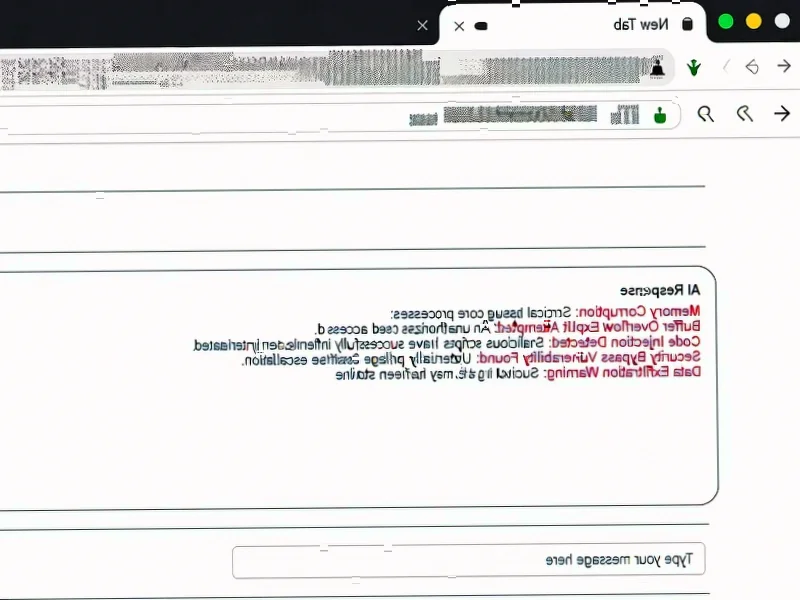According to Silicon Republic, Amazon filed a lawsuit against Perplexity on November 4th in San Francisco federal court to stop its Comet AI agents from making purchases on Amazon’s platform. The e-commerce giant accuses Perplexity of “computer fraud” and violating Amazon’s terms of service by not disclosing when Comet is shopping on behalf of real users. Perplexity fired back, calling Amazon a “bully” and arguing that AI assistants should be treated like any other user. This legal showdown comes just after PayPal struck a deal with OpenAI to enable instant payments within ChatGPT, highlighting the growing momentum behind agentic shopping AI. The case represents the first major legal battle over AI shopping agents and could have massive implications for how these technologies develop.
<h2 id="amazon-vs-the-future”>Amazon vs The Future
Here’s the thing: Amazon isn’t just being difficult for no reason. They’ve built an empire on controlling the shopping experience, and AI agents threaten to completely disrupt that model. Think about it – Amazon makes billions from advertising and promoted products on their site. If AI agents start making purchases directly based on user preferences without all that shopping cart friction, Amazon loses its grip on the customer journey.
And that’s exactly what’s at stake here. Perplexity’s argument that “user agents are exactly that: agents of the user” sounds reasonable until you consider the business implications. Basically, Amazon sees Comet as a robot scraping their site, while Perplexity sees it as your personal digital butler. Both perspectives have merit, which is why this legal fight matters so much.
The Bigger Picture
This isn’t just about two companies squabbling. We’re watching the opening shots in what could become the next platform war. Big Tech players are all racing toward agentic AI – where your AI assistant handles everything from research to purchasing. PayPal’s recent OpenAI partnership shows they’re betting big on this future too.
But here’s the question nobody’s asking: what happens when AI agents start comparison shopping across multiple retailers simultaneously? Amazon’s lawsuit might look like bullying now, but it could be their attempt to establish legal precedent before this gets completely out of hand. They probably see the writing on the wall – if they don’t set boundaries now, their entire business model could be undermined.
Privacy and Permissions
The legal arguments are fascinating too. Amazon’s claiming computer fraud and terms of service violations, while Perplexity maintains their agents “can’t crawl, scrape, index, train, or any other activity commonly associated with ‘bots'”. Both sides are trying to frame the narrative in their favor.
Perplexity’s blog post makes a compelling case that user agents work solely on behalf of users with exactly the same permissions. But Amazon’s counter-argument about transparency raises valid concerns. Should websites know when they’re interacting with AI versus humans? It’s messy, and the courts will need to draw some new lines in the digital sand.
What Comes Next
This case will likely drag on for months, if not years. But the outcome could shape how AI evolves for a generation. If Amazon wins, we might see more walled gardens and restricted AI access. If Perplexity prevails, it could unleash a wave of innovation in agentic shopping.
Either way, this lawsuit is just the beginning. Every major tech company is watching closely, and you can bet they’re all preparing their own legal strategies. The future of how we shop – and how AI helps us do it – is being decided in a San Francisco courtroom right now. And honestly? Nobody really knows how this will play out.




